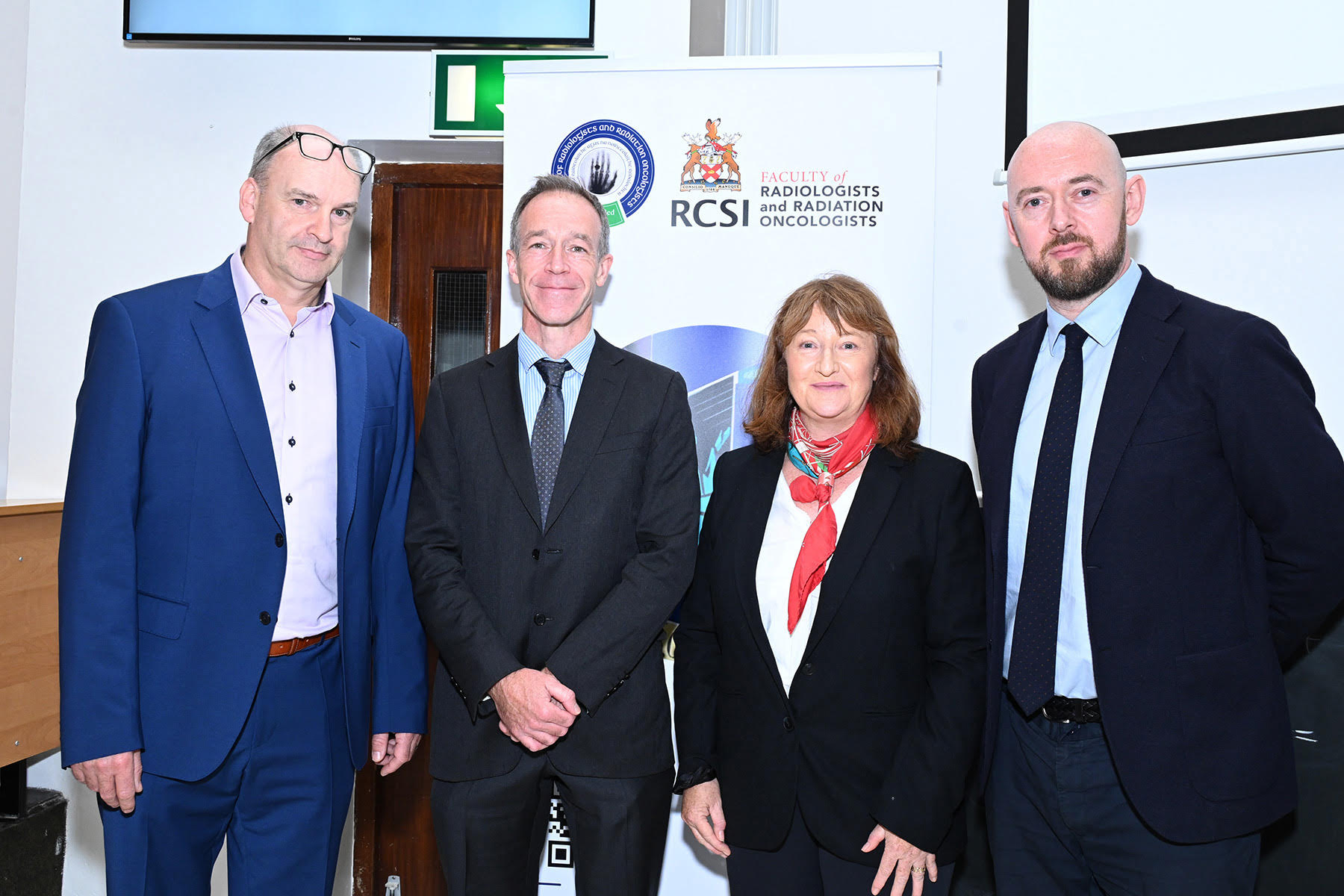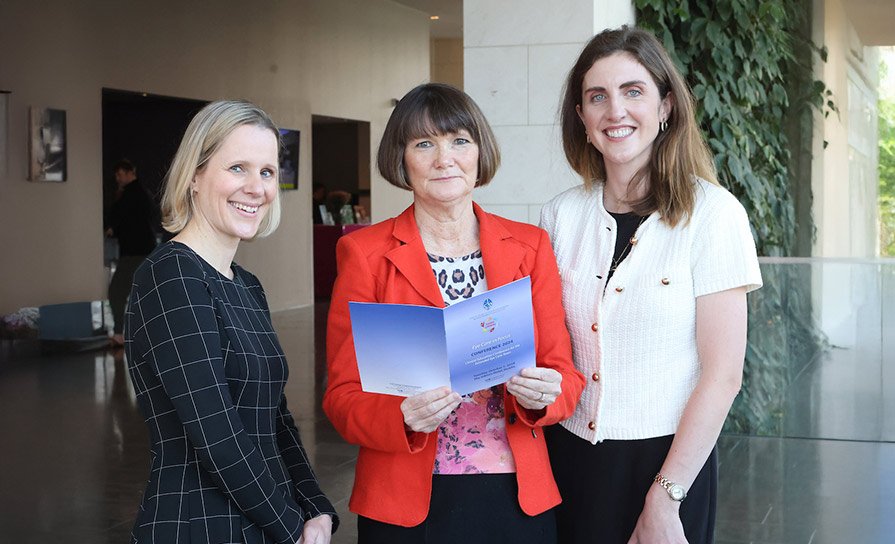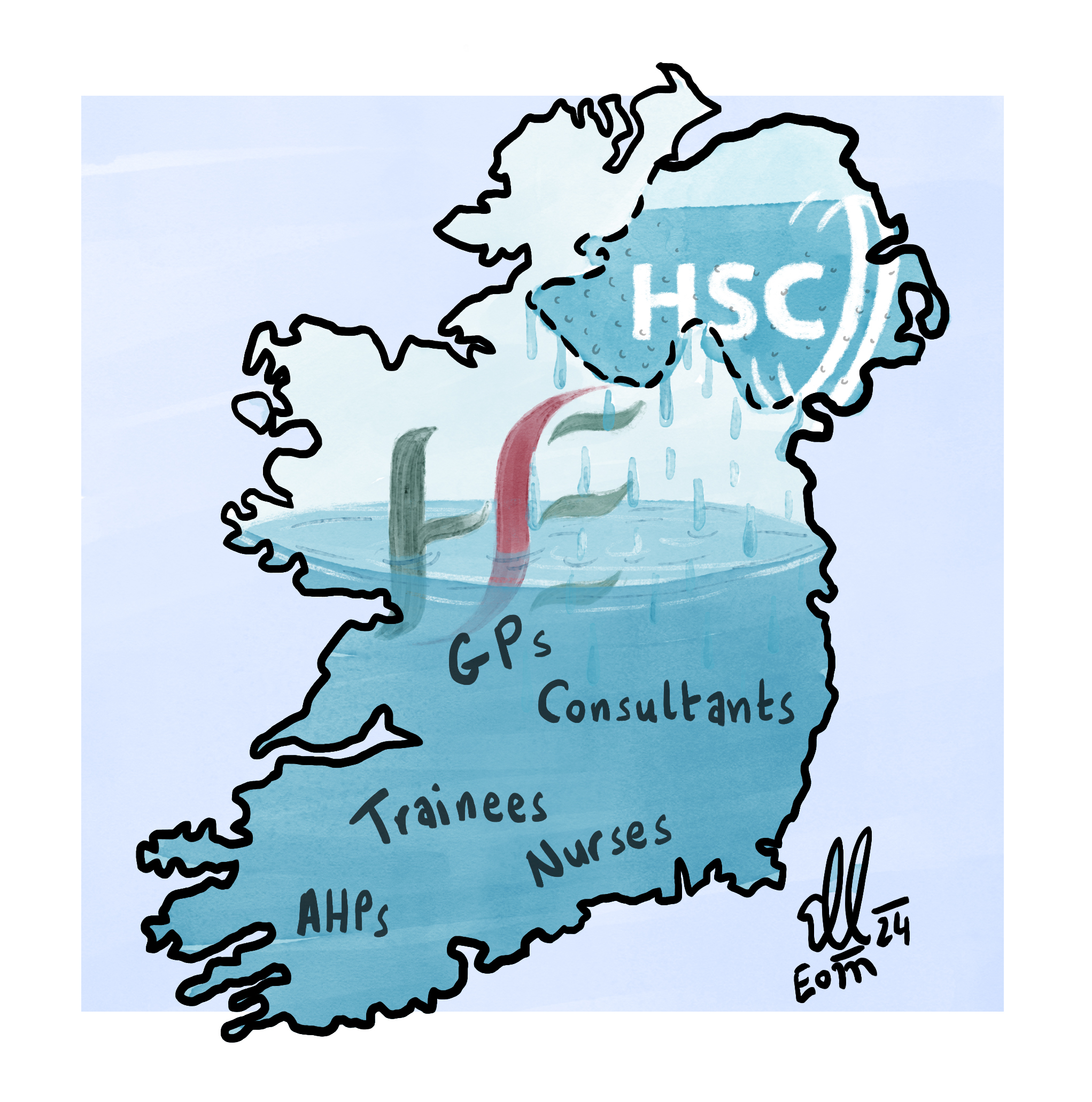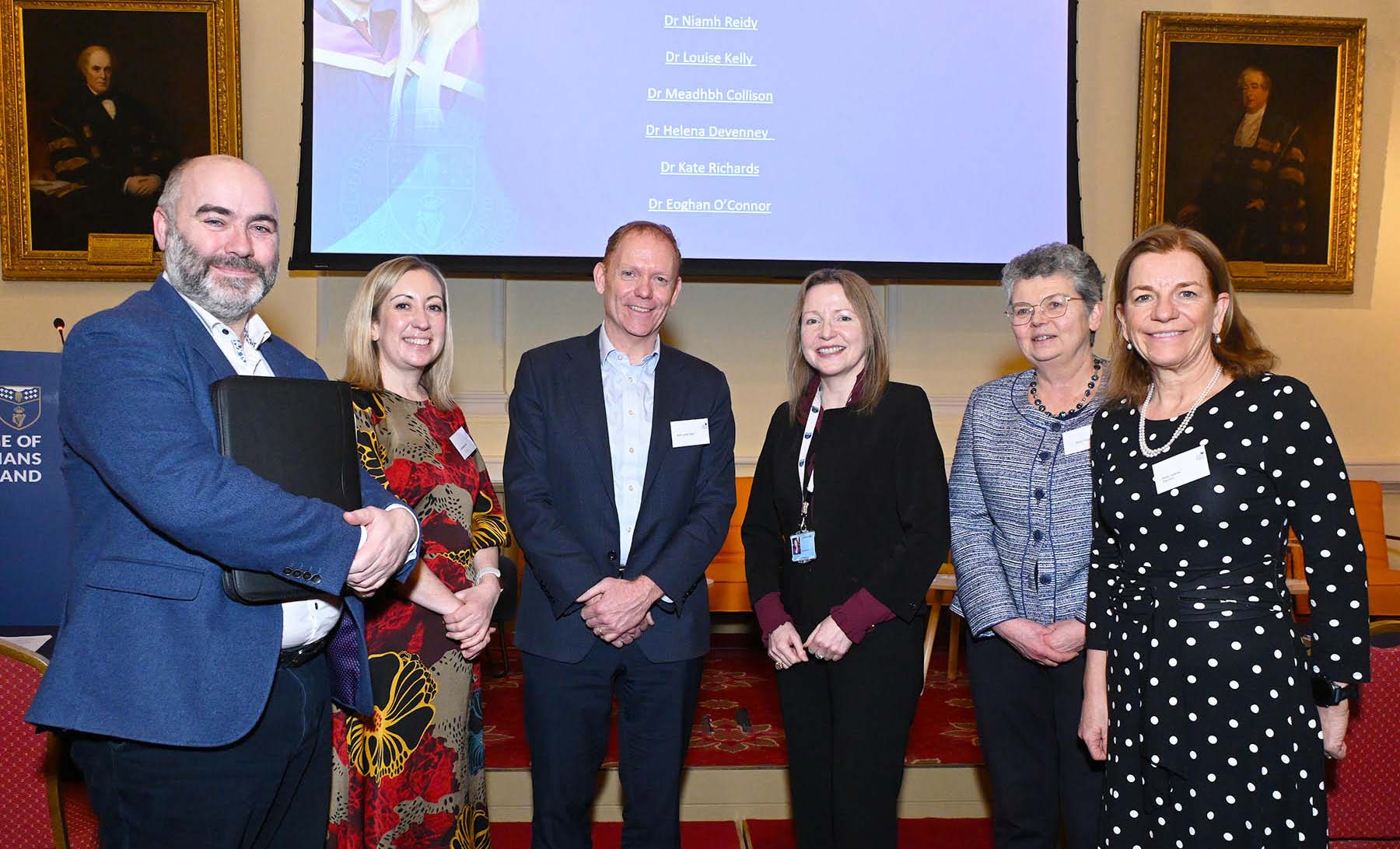Mr Paul Redmond outlines the financial support options available to GPs during the Covid-19 crisis
Covid-19 has affected all sectors of our lives. In particular, our economy and our financial lives have been impacted severely, with those within our public health service and our GP practices now on the frontline tackling the crisis.
Many busy GP practices who were used to regular sustainable income from private patients were suddenly affected by a nationwide lockdown and patients were unable to attend the practice for routine appointments. This may have impacted the cashflow.
GP practices would, pre-Covid-19, have enjoyed healthy cashflows and profits each year and accessing funding was never needed or considered. With this unexpected drop in income:
- What course of action is needed?
- Is finance required?
- What is available to a GP?
The Government has implemented financial supports to assist GPs during this crisis with a view to being able to keep their practices open, staff employed, and cashflow managed.
How to decide if finance is required?
Cashflow analsysis
Speak to your accountant and work on a cashflow plan. Be flexible and open minded to changing your existing habits and procedures; new ones may be needed to guide you through this crisis. Your accounts may show a decrease in revenue that is needed to continue to practice. It may show that a short-term finance option is needed to get through.
Who do I contact?
There are a multitude of websites and social media articles highlighting these options. However, these can be overwhelming and contradictory. Keep it simple. Research official Government websites, citizens advice, and official bank websites or your own accountant. Try to avoid overloading yourself with information.
First stop should be your own bank where you are a valued customer. They have relationship managers available who have likely been in contact already. They have updated all their websites with specific Covid-19 helplines and have measures in place to assist.
Supports available are as follows
General help
- Commercial rates: The commercial rates are being waived for six months from March 2020 to September 2020. This is available from your local rates office within the county council.
- Annual returns and tax returns: Revenue has advice for practices experiencing trading difficulties in all areas including tax returns, late payments, debt enforcement, and tax clearance. The Revenue website contains all links and
- information.
- Warehousing of tax liabilities: Covid-19-related VAT and payroll tax debts, due from 1 March 2020 to the date when sectoral restrictions are lifted, will be deferred for a period of 12 months. There will be no debt enforcement action taken by Revenue and no interest charge accruing for warehoused debit.
Cashflow supports
- Restart grant: Grant available based on 2019 rates already paid up to a maximum of €25,000, available to all businesses and can be applied for through local county council. This will be paid to your bank account as clear funds, not used against other rates due. These are available to medical practices whose income has been reduced by 25 per cent as a result of Covid. The Government has also added an additional 20 per cent top up to businesses in Laois and Offaly known as Restart Grant Plus and an additional 40 per cent for those in Kildare as a support.
- SBCI Covid loan: Available from SBCI to businesses negatively impacted by 15 per cent, providing bank finance supported by Government. Loans up to €2.5 million are available through high street banks. The interest rate is fixed and there are no early penalties for repayment.
- Microfinance Ireland loan available to companies with 10 or fewer employees. A three-year loan up to €50,000 is available for businesses impacted negatively by 15 per cent due to Covid.
- Business continuity voucher: These are available from your Local Enterprise Office for any practices with up to 50 employees. There is a funding support of €2,500 available towards third party consultancy costs to assist in developing strategies to respond to the crisis.
- Online trading voucher: These are available from your local enterprise office and are for the value of €2,500. These funds are to be used to update websites and are invaluable for GPs with health information changing so regularly from HSE and the National Public Health Emergency Team.
All these supports are available readily and statistics released by the Government on 22 July 2020 show the exact amount of these funds already paid to date. These are unprecedented times and regardless of your financial situation pre-Covid-19, every sector of the economy has been impacted negatively.
Apply for the supports and remember, if any borrowings are not used, they can be returned to the lender, often without penalties. If you wish to receive further information on any item within the article, contact your accountant or financial advisor.
Mr Paul Redmond (CPA,QFA, FAIA) is Managing Partner of RDA Accountants Limited. He is a member of the Institute of Certified Public Accountants. He is also a Fellow of the Association of International Accountants and a qualified financial advisor













Leave a Reply
You must be logged in to post a comment.